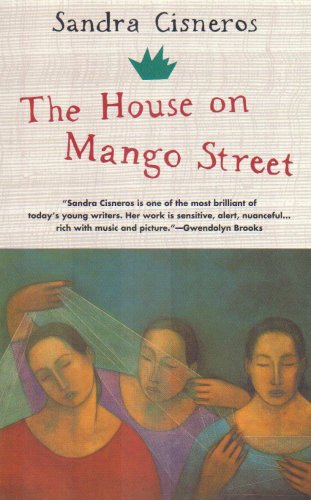All Nonfiction
- Bullying
- Books
- Academic
- Author Interviews
- Celebrity interviews
- College Articles
- College Essays
- Educator of the Year
- Heroes
- Interviews
- Memoir
- Personal Experience
- Sports
- Travel & Culture
All Opinions
- Bullying
- Current Events / Politics
- Discrimination
- Drugs / Alcohol / Smoking
- Entertainment / Celebrities
- Environment
- Love / Relationships
- Movies / Music / TV
- Pop Culture / Trends
- School / College
- Social Issues / Civics
- Spirituality / Religion
- Sports / Hobbies
All Hot Topics
- Bullying
- Community Service
- Environment
- Health
- Letters to the Editor
- Pride & Prejudice
- What Matters
- Back
Summer Guide
- Program Links
- Program Reviews
- Back
College Guide
- College Links
- College Reviews
- College Essays
- College Articles
- Back
The Street
I found the poem “The Street,” to be confusing. This poem was written in the year of 1963 by Octavio Paz. When reading this poem I got the feeling that the narrator considered himself to be a nobody.
To me the line "Everything dark and doorless," refers to his life. The "dark" part of this line might mean that this individual is confused. If the line were to mention everything being light, I would think happy things, as if the person has a lot going for them in life. They have no one in their life to ask advice or get help from. I think of it as if I were in a pitch black room by myself, I would feel lost. Another example would be walking around with a blindfold on with no one there to guide you or tell you where to turn.
In this line, "Everything dark and doorless," the doorless part would mean maybe this person stuck in life. This person feels there are no more opportunities or just that he cannot find them. When breaking down the whole line I am assuming metaphorically that the person is lost in a pitch black room with no way out, hinting at "doorless". Literally speaking this person is all out of options and thinks he has lived his life to the fullest, and now is lost and doesn't know where to turn, hinting at why it is dark. Another line that supports this thought would be “..., and I walk blind,....” Also meaning, he has no direction in life, maybe he has no goals.
After thinking about it for awhile, the line "stepping on silent stones and dry leaves" means that the stones do not make any noise when being stepped on, but the dry leaves crackle.
Metaphorically speaking, I would picture a person walking in a black and white blah kind of world where no noise can be heard, therefore saying the dry leaves are silent along with the stones.
I believe that this person refers to themselves as a nobody, it is written twice in the poem. One time that he says it I understand it, and the second time I am not sure what he is referring to. The first time they say nobody, “if I run, he runs. I turn: nobody,” its talking about turning around and there was nobody, which I think is self explanatory. Also, the first image that pops into my head is this persons shadow because your shadow is always copying you, but when you turn around its just your shadow, nobody is ever there.
The second time he mentions nobody, “where I pursue a man who stumbles and rises and says when he sees me: nobody,” I believe they are talking about when a man sees another man walking down the empty street and does not see any potential in the him. When it comes down to it, it sounds like the man might be saying that he sees the person as a nobody.
After reading this poem over and over, I came to the conclusion that this narrator of this poem is all out of options. Nobody sees any potential in him so they do not bother to help him find his way again. As you, the reader, read this poem, you might guess that it be a poem about a persons shadow, but as you read further on, it twists it almost making you forget about the shadow idea.
Similar Articles
JOIN THE DISCUSSION
This article has 0 comments.

